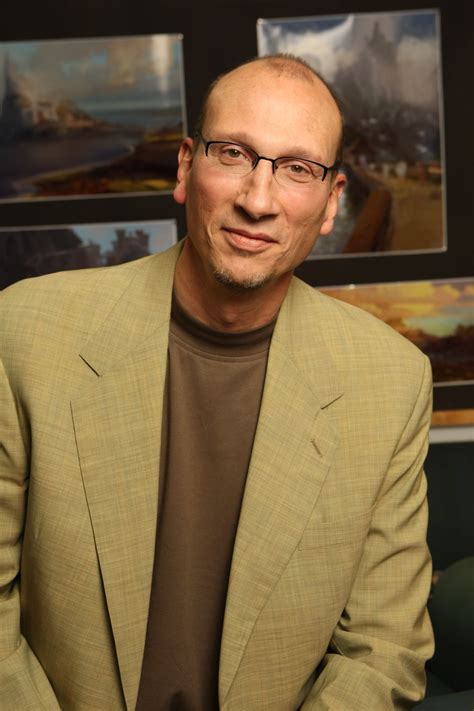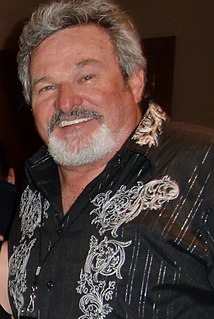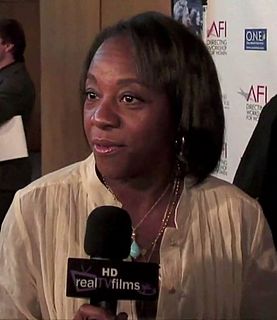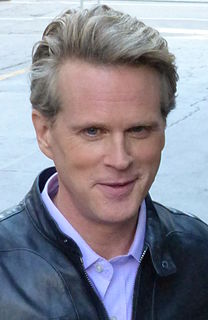A Quote by Dan Gilroy
Every film you're commissioned to write is all about an arc; usually, the arc is that the world creates a change in the character, usually for the better. To not have an arc, the messages and ideas in the film became more prominent.
Related Quotes
As a writer, you know what the purpose of the scene is. It really has nothing to do with the actor so you have to really get out of that space because for actors it's a micro-focus and then you figure out your arc through what the writers have given you to say. But that arc is just one little piece of the huge arc of the whole film. It took a while to get out of that.
It takes stamina to get up like an athlete every single night, seven to eight performances a week, 20 weeks in a row. And there are many young performers who only learn their craft in the two minute bits it takes to film a scene. You never learn the arc of storytelling, the arc of a character that way.
I have to go through that arc with Dolores, and I didn't know what my arc was going to be. We found out episode by episode, and the more it went on, the more I felt a change in myself and allowed myself to be strong and to get angry and to access emotions that I don't normally, and I think a lot of women don't because we're kind of conditioned not to. It's freed me in a way, and it made me find a strength in myself.






































